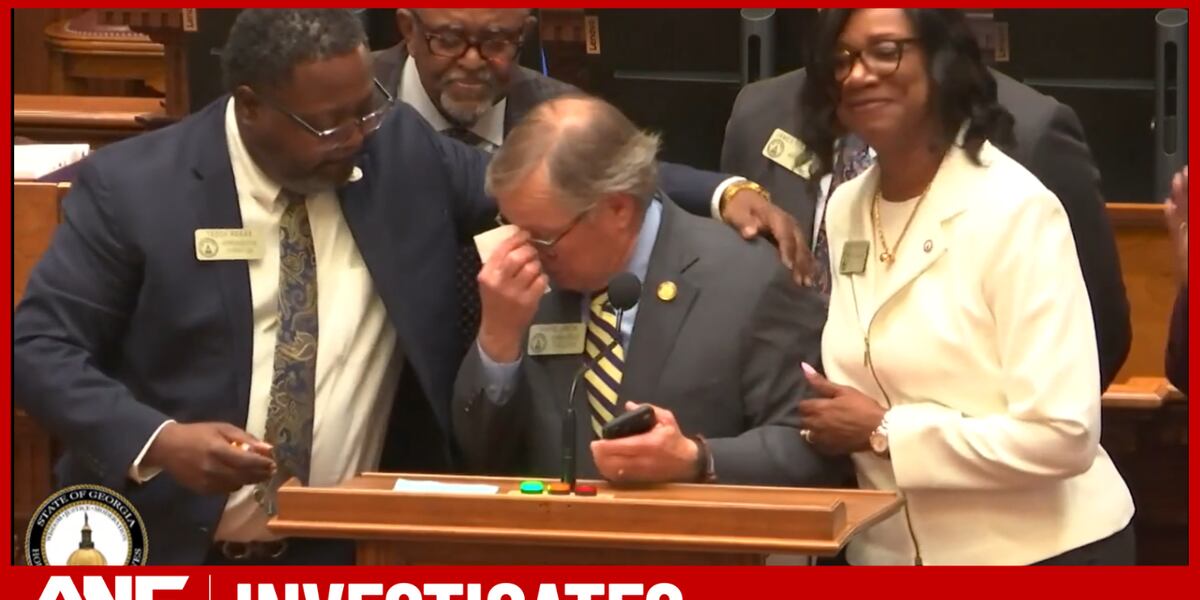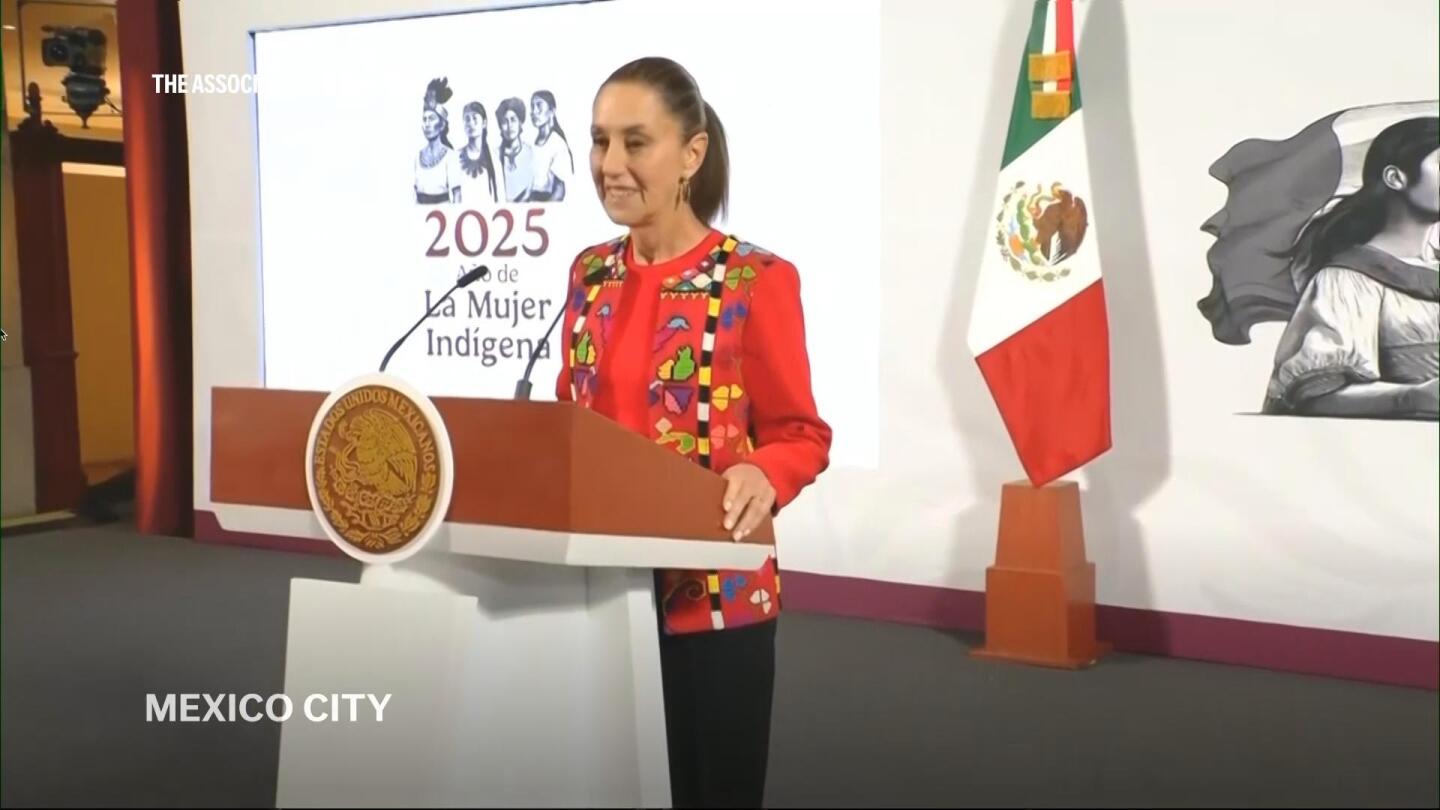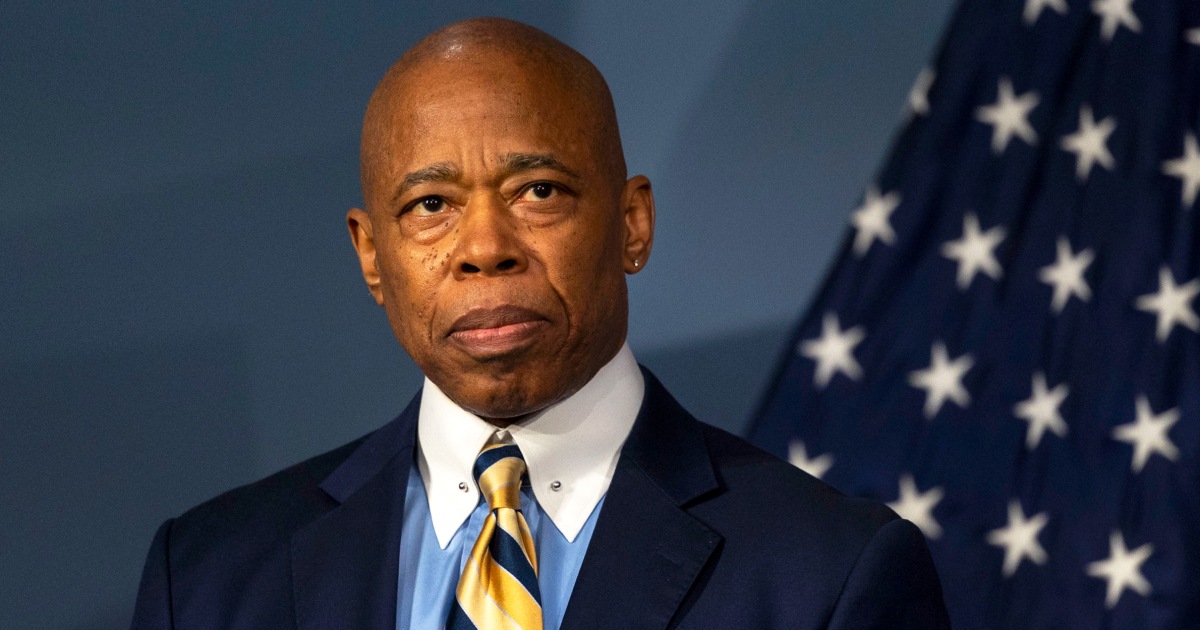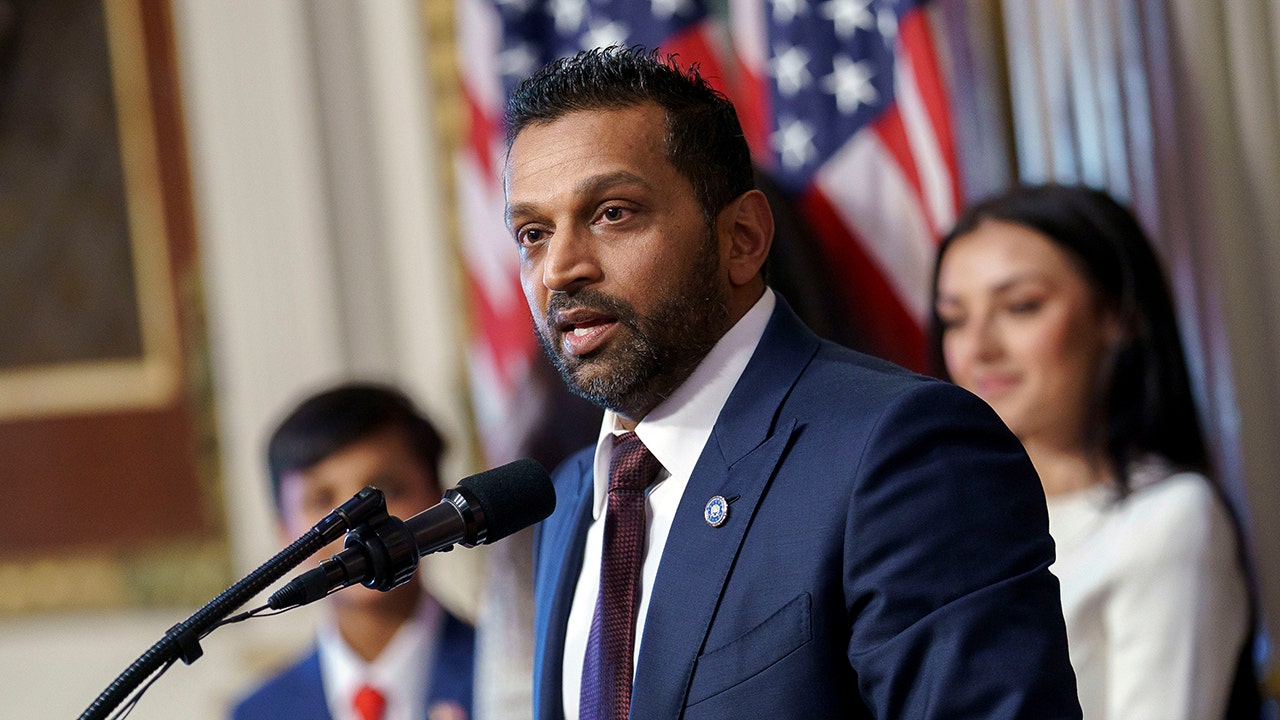Robert Maranto, the Twenty-First Century Chair in Leadership at the University of Arkansas, Fayetteville’s Department of Education Reform, co-edited a just-released book discussing how the nation’s education system is failing to teach the values of free speech and inquiry.
Maranto said: “[P]rofessors, students, and regular Americans self-censor far more than during the McCarthy era . . . That atmosphere limits research on how to make life better, and it also undermines democracy, making us more like Russia or China.”
Here’s the interesting bit, though. Lil’ ol’ Arkansas has been at the vanguard of fighting this largely leftist intellectual scourge for several years now.
You might recall my columns from a while back detailing how Ashlyn Hoggard had her free-speech rights violated by an Arkansas university. The U.S. Court of Appeals for the Eighth Circuit aptly described what occurred: “Just outside the Student Union . . . student Ashlyn Hoggard set up a small table. She was accompanied by Emily Parry, a non-student representative for Turning Point USA . . . an organization focused on promoting free markets, limited government, and individual liberty. Hoggard and Parry aimed to recruit students for a local Turning Point chapter, which they hoped could become a registered student organization . . . But in short order, two University administrators . . . approached the table to investigate.”
One administrator “told Hoggard and Parry they could not ‘table’ at . . . the ‘Union Patio.’ If Hoggard and Parry wanted to set up a table and display their signage (‘Free Market, Free People,’ ‘Big Government Sucks’), [the administrator] explained, they could do so elsewhere–specifically, in a campus ‘Free Expression Area’ . . . University Police Officer Terry Phipps quickly arrived at the scene and ordered Parry to leave campus. Hoggard was told to take down her table. Her recruiting efforts–at least at her Union Patio informational table–were done for the day.”
The university told Ashlyn that to have free speech, she must register with school authorities, get five people to join her club before she, uh, tried to get people to join her club, write a constitution (is that all?), and get a school adviser. No biggie.
The court concluded: “[W]e find that the Tabling Policy, as applied to Hoggard, is unconstitutional.”
So, in 2019, as Ashlyn’s case was proceeding through the federal court system, I worked closely with two state legislators–then-state Rep. (now-Sen.) Dan Sullivan and then-Sen. Bob Ballinger–on drafting and enacting campus free-speech legislation for Arkansas known as the FORUM Act.
The law states: “State-supported institutions of higher education should strive to ensure the fullest degree of intellectual and academic freedom and free expression, and it is not the proper role of state-supported institutions of higher education to shield individuals from speech that is protected by the First Amendment to the United States Constitution, including without limitation ideas and opinions the individuals may find unwelcome, uncollegial, disagreeable, or even deeply offensive.”
Fast forward to last year, when a student at another Arkansas public university found himself in Ashlyn’s shoes (maybe red-and-white checkered canvas mules?), as his school twice told him and two friends that they couldn’t do precisely what Ashlyn had successfully litigated: set up a table and distribute conservative Turning Point USA literature without first engaging with school officials. As Yogi Berra famously said: “It’s like déjà vu all over again.”
On one occasion, a dean of students told the trio that in the future they would need to make a reservation with school officials prior to exercising their free-speech rights. And on another day, a campus police officer politely told the same students: “I’m going to take your student IDs, and we are going through the Office of Student Accountability.” (Yikes!)
Unlike Ashlyn’s ordeal, however, this time, this state university acknowledged quickly that these students didn’t violate any rules and they’re free to set up a table in the future to distribute conservative literature on campus without any school involvement or molestation.
Indeed, a school official stated that he intended to implement supplemental training for employees on free speech.
None of these apt corrective actions likely would’ve occurred absent Arkansas’ lead in enacting the FORUM Act.
Five long years after Arkansas enacted the FORUM Act–as attacks on free speech proliferated in academia throughout the country–the American Bar Association, which, oddly enough, is the academic accreditor for law schools, finally woke up (pun intended). This consistently leftist operation recently directed law schools to adopt free-speech-and-inquiry policies. (Ya think?)
As such, at my law school, I now serve on the committee addressing this mandate, chaired by fellow First Amendment advocate Josh Silverstein. You might recall him as the Bowen professor who shattered my standing as the singular academic at the University of Arkansas, Little Rock to be cited by the U.S. Supreme Court. (Have I mentioned Justice Clarence Thomas’ opinion in the case declaring unconstitutional affirmative action before?)
As chair, Silverstein had hoped that we could crib a policy from another similarly tasked school with a larger faculty and more resources. But, alas, that tree bore no fruit. So he put together a truly masterful first draft, lauded by free-speech organizations such as the Foundation for Individual Rights and Expression. Again, Arkansas is leading the way on free expression.
Kudos to Silverstein for his great proposal, which comes as no surprise, as he contributed to the drafting of the FORUM Act. He’s an old hat when it comes to defending academic freedom.
The faculty-governance process at my school regarding this ABA mandate is underway. Silverstein’s draft moved through committee with the adoption of a few thoughtful tweaks from colleagues. Now it goes to the entire faculty, which will determine the final policy.
Rest assured that Arkansas will remain ahead of the curve when it comes to protecting free speech and inquiry on university campuses.
This is your right to know.
Robert Steinbuch, the Arkansas Bar Professor at the Bowen Law School, is a Fulbright Scholar and author of the treatise “The Arkansas Freedom of Information Act.” His views do not necessarily reflect those of his employer.






























